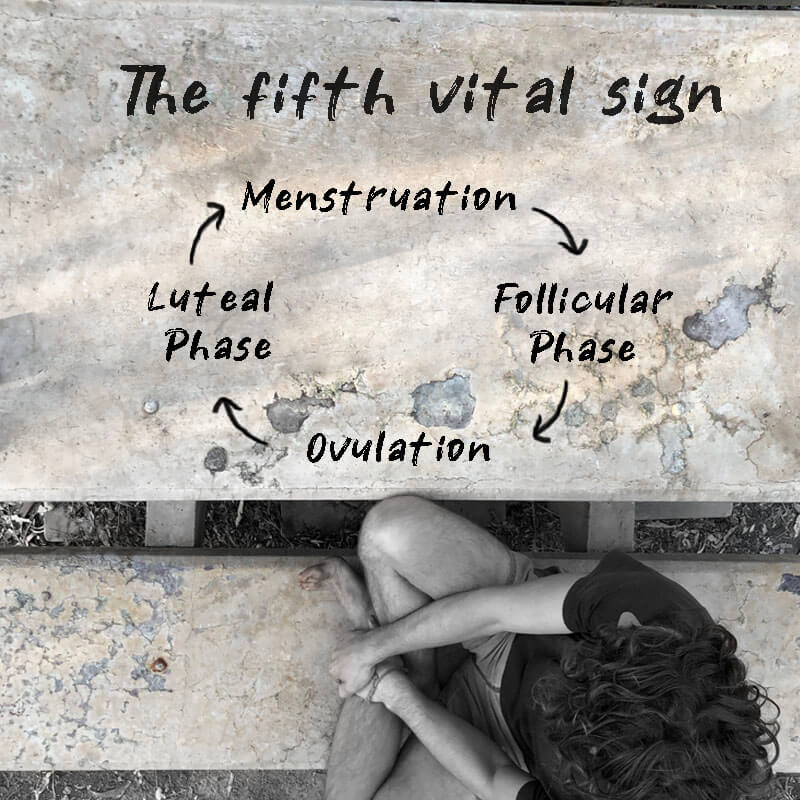Alan Watkins, a renowned neuroscientist and expert in human performance, has devoted much of his career to understanding the complex world of human emotions. In his captivating presentation, “Why You Feel What You Feel,” Watkins explores the vast emotional landscape that exists within each of us. Contrary to popular belief, the emotional spectrum is far more extensive than just a few basic emotions. This article delves into Watkins’ enlightening discussion, shedding light on the importance of emotional awareness and mastery.
A Multitude of Emotions
Watkins emphasises that humans are capable of experiencing a wide array of emotions, far beyond the limited palette often recognised. While most people are familiar with basic emotions such as happiness, sadness, anger, and fear, Watkins highlights that there are in fact over 34,000 distinguishable emotional states. This astonishing number underscores the intricacy of human emotions and the importance of cultivating emotional intelligence.
Why you feel what you feel | Alan Watkins
Emotions and Physiology
Watkins also discusses the intricate connection between emotions and physiology. Emotions are not just abstract concepts but rather deeply rooted in our biology. They are complex biochemical reactions that influence our heart rate, blood pressure, and hormonal balance. By understanding and managing our emotions, we can also regulate our physiological responses, leading to better overall health and well-being.
The Significance of Emotional Awareness
Watkins posits that emotional awareness is key to harnessing the power of our emotions. Emotional awareness involves recognising and understanding the emotions we experience, as well as the impact they have on our thoughts, behaviours, and relationships. By developing emotional awareness, we can:
Improve Decision-Making: Emotions play a crucial role in our decision-making processes. By understanding our emotional states, we can make more informed choices in both our personal and professional lives.
Enhance Communication: Emotional awareness allows us to better express our feelings and empathise with others, fostering healthier relationships and more effective communication.
Boost Resilience: Recognising and regulating our emotions can help us navigate life’s challenges with greater resilience and adaptability.
Cultivating Emotional Mastery
Watkins emphasises the importance of emotional mastery, which involves developing the skills to recognise, understand, and manage our emotions effectively. Some strategies for cultivating emotional mastery include:
Mindfulness: Practicing mindfulness can help us become more aware of our emotions as they arise, allowing us to respond with intention rather than reacting impulsively.
Emotional Labelling: Putting our emotions into words can help us better understand and process them. This practice can lead to greater emotional clarity and self-awareness.
Self-Reflection: Engaging in regular self-reflection can help us identify patterns in our emotional responses, enabling us to develop healthier coping strategies and emotional habits.
*
Alan Watkins’ presentation, “Why You Feel What You Feel,” illuminates the vast and intricate emotional landscape that exists within each of us. By developing emotional awareness and mastery, we can harness the power of our emotions to enhance our decision-making, communication, and resilience. In an increasingly complex world, cultivating emotional intelligence is more important than ever for personal growth and success.

Nils Strohbeck
Connect
A Perfect Coup: Pharmaceutical Industry’s Hold on Healthcare
A dive into industry's extensive influence
Lead and the Fall of the Roman Empire: Welcome the ‘Aluminium Age’
How Aluminium is Affecting Our Health










